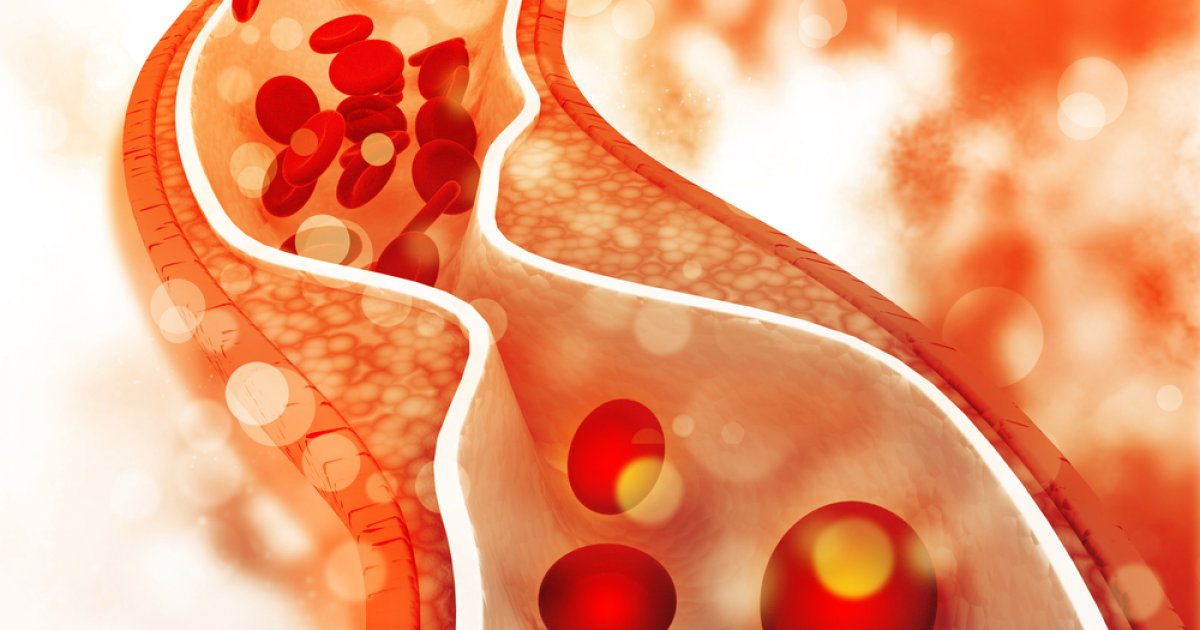Insulin: Major Causes Of Resistance And Why
Chronic Stress

Chronic stress is often a trigger for the development of insulin resistance. When an individual is under mental, physical, or emotional stress, the body responds by releasing stress hormones called adrenaline, norepinephrine, and cortisol. These stress hormones are released to prepare the body for a fight or flight response, increasing the demand on the body for energy. In order for the muscle cells to get this energy, a hormone called insulin has to be able to transfer glucose to the muscle cells. Some individuals produce insulin that does not perform this function well.
Insulin resistance occurs when the cells do not necessitate the glucose or extra energy that floods into the individual's bloodstream every time stress hormones are released. This process means chronic stress causes glucose to build up in the blood, forcing the body to produce excessive amounts of insulin in response. As the cells become more resistant to the high levels of insulin, the pancreas becomes too tired out to modulate high blood sugar levels. Consistently elevated blood sugar causes the development of type 2 diabetes.
Metabolic Syndrome

Metabolic syndrome is the umbrella term used to characterize a group of conditions that include excess body fat around the waist, high blood pressure, abnormal cholesterol levels, and high blood sugar. When an individual has more than one of these conditions, they have metabolic syndrome. The same mechanisms that cause metabolic syndrome are what causes insulin resistance to develop. When an individual consumes food, the fat and glucose from the food are metabolized and used to make cellular energy, or it is stored if it is not needed. When an individual consumes more calories than their body is burning, the excess fat and glucose are stored in the blood and body tissues.
Over time this causes excess body fat, high blood pressure, and abnormal cholesterol levels. Some extra glucose remains in the blood because the body unable metabolize it for storage as quickly as the individual is consuming it. This glucose in the blood causes high blood sugar levels. If the insulin the individual's body produces is not productive at transferring the extra glucose to the muscle cells, it continues to build up in the blood, and the body tries to compensate by making more insulin. Eventually, the cells become so used to high insulin that they no longer respond to it. The inadequate response of the body to the insulin is what characterizes insulin resistance.
